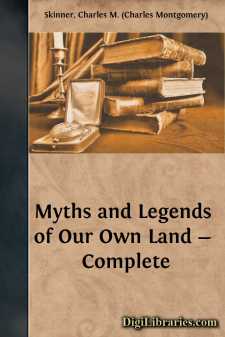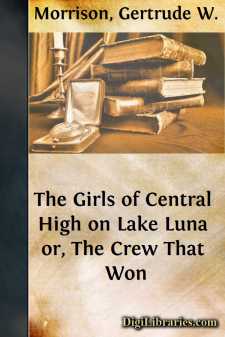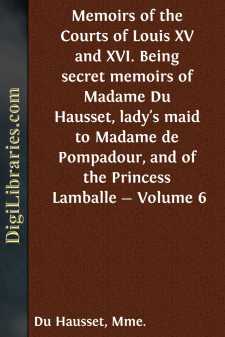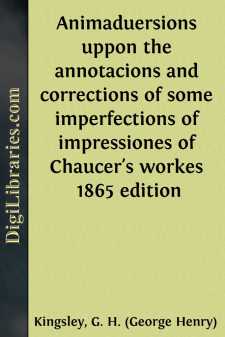Categories
- Antiques & Collectibles 13
- Architecture 36
- Art 48
- Bibles 22
- Biography & Autobiography 813
- Body, Mind & Spirit 142
- Business & Economics 28
- Children's Books 17
- Children's Fiction 14
- Computers 4
- Cooking 94
- Crafts & Hobbies 4
- Drama 346
- Education 46
- Family & Relationships 57
- Fiction 11829
- Games 19
- Gardening 17
- Health & Fitness 34
- History 1377
- House & Home 1
- Humor 147
- Juvenile Fiction 1873
- Juvenile Nonfiction 202
- Language Arts & Disciplines 88
- Law 16
- Literary Collections 686
- Literary Criticism 179
- Mathematics 13
- Medical 41
- Music 40
- Nature 179
- Non-Classifiable 1768
- Performing Arts 7
- Periodicals 1453
- Philosophy 64
- Photography 2
- Poetry 896
- Political Science 203
- Psychology 42
- Reference 154
- Religion 513
- Science 126
- Self-Help 84
- Social Science 81
- Sports & Recreation 34
- Study Aids 3
- Technology & Engineering 59
- Transportation 23
- Travel 463
- True Crime 29
Sort by:
RIP VAN WINKLE The story of Rip Van Winkle, told by Irving, dramatized by Boucicault, acted by Jefferson, pictured by Darley, set to music by Bristow, is the best known of American legends. Rip was a real personage, and the Van Winkles are a considerable family at this day. An idle, good-natured, happy-go-lucky fellow, he lived, presumably, in the village of Catskill, and began his long sleep in 1769....
more...
THE LONE MAN ON THE ISLAND "There! I see him again," whispered Dora Lockwood. A half-minute's silence, save for the patter of the drops from the paddles as the light cedar canoe shot around East Point of Cavern Island. "So do I!" cried Dorothy, but in a low tone. "My! what frightful whiskers." "He looks just like a pirate," declared her sister. "He is a...
more...
by:
Violet Jacob
TAM I' THE KIRK O Jean, my Jean, when the bell ca's the congregationOwre valley an' hill wi' the ding frae its iron mou',When a'body's thochts is set on his ain salvation, Mine's set on you. There's a reid rose lies on the Buik o' the Word 'afore yeThat was growin' braw on its bush at the keek o' day,But the lad that pu'd yon...
more...
PRELUDE Shea had just beaten me at chess, as usual, and, also as usual, I had gleaned what questionable satisfaction I might by twitting him with this indication of failing mentality by calling his attention to the nth time to that theory, propounded by certain scientists, which is based upon the assertion that phenomenal chess players are always found to be from the ranks of children under twelve,...
more...
by:
Emma Helen Blair
Chapter I [Medina’s narrative opens with the expedition of Legazpi, and the part played therein by the Augustinian Andrés de Urdaneta and his companions. Felipe II, having determined upon an expedition to the western islands, “entrusted the matter to the viceroy of Nueva España, at that time Don Luis de Velasco, a man of so great worth in all matters, that he has never received adequate praise....
more...
THE MAN WITHOUT A COUNTRY. This story was written in the summer of 1863, as a contribution, however humble, towards the formation of a just and true national sentiment, or sentiment of love to the nation. It was at the time when Mr. Vallandigham had been sent across the border. It was my wish, indeed, that the story might be printed before the autumn elections of that year,—as my "testimony"...
more...
by:
Mme. Du Hausset
"The dismissal of M. Necker irritated the people beyond description. They looked upon themselves as insulted in their favourite. Mob succeeded mob, each more mischievous and daring than the former. The Duc d'Orleans continued busy in his work of secret destruction. In one of the popular risings, a sabre struck his bust, and its head fell, severed from its body. Many of the rioters (for the...
more...
by:
Victor Prout
Half a Dozen Daughters. There were six of them altogether—six great big girls,—and they lived in a great big house, in the middle of a long high road, one end of which loses itself in London town, while the other goes stretching away over the county of Hertford. Years ago, John Gilpin had ridden his famous race down that very road, and Christabel loved to look out of her bedroom window and imagine...
more...
PREFACE. Although only the grandson of the first of his name, the author of the following interesting specimen of 16th-century criticism came of a family of great antiquity, of so great an antiquity, indeed, as to preclude our tracing it back to its origin. This family was originally known as the “De Botfelds,” but in the 15th century one branch adopted the more humble name of “Thynne,” or...
more...
by:
Oliver Herford
SEE, chil-dren, the Fur-bear-ing Seal;Ob-serve his mis-di-rect-ed zeal:He dines with most ab-ste-mi-ous careOn Fish, Ice Water and Fresh AirA-void-ing cond-i-ments or spice,For fear his fur should not be niceAnd fine and smooth and soft and meetFor Broad-way or for Re-gent StreetAnd yet some-how I of-ten feel(Though for the kind Fur-bear-ing SealI har-bor a Re-spect Pro-found) The Giraffe. SEE...
more...











